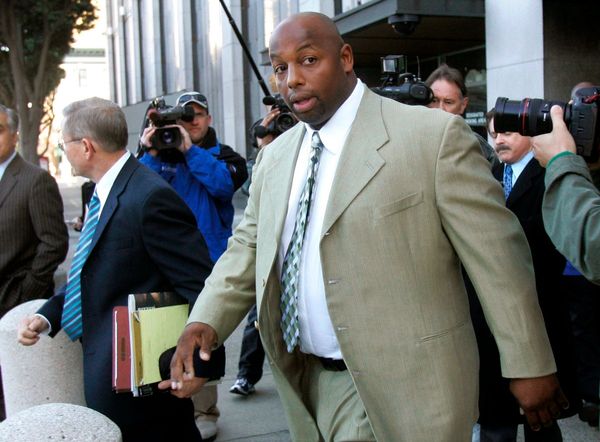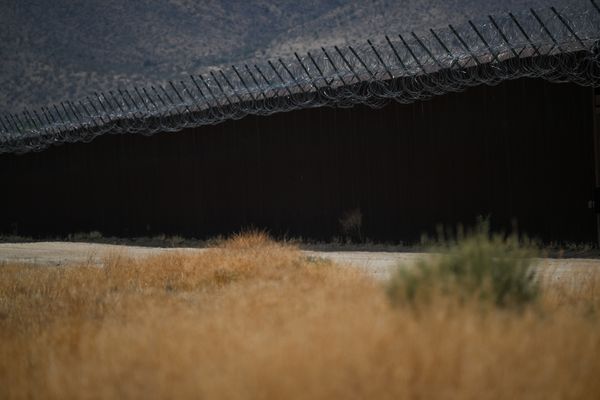
Workers in some public sector jobs will be completely prevented from striking under restrictive rules that may breach international law, parliament’s watchdog on human rights has said.
The joint committee on human rights, chaired by the Labour MP Harriet Harman, has written to the government expressing “serious concerns” about its new minimum service levels regulations covering the border force, railways and the NHS.
The letter to Kemi Badenoch, the business secretary, was published as the government prepares to set out new regulations that will also cover teachers, forcing unions to maintain a certain level of staffing in schools during strikes.
The laws have been brought in after a huge wave of strikes last year as workers protested against below-inflation pay rises – and in many cases forced the government to pay out more.
In its letter, the joint committee said the government had failed to allay widespread concerns about whether the anti-strike legislation was compatible with human rights law.
“Particular concerns arise in respect of small ports and airports, where ‘no less effective’ services [in the border force] could result in staff teams being effectively prevented from striking at all,” the committee of MPs and peers said.
For those working on railway services, the regulations say that 40% of passenger services must be maintained. However, those working in infrastructure services such as signalling would have to provide cover between 6am and 10pm on a substantial number of “priority routes”, which the committee said “gave rise to a risk that employees working in infrastructure on those lines would be effectively prevented from striking”.
The MPs and peers said they recognised that the right to take industrial action was not absolute and may be interfered with where necessary and proportionate in the public interest. But it said the measures were “unlikely to be proportionate if alternative, less restrictive measures could be taken that are likely to achieve the same aims”.
They added: “A failure to pursue voluntary arrangements where they are recognised to be sufficient is unlikely to meet this requirement of proportionality.”
The government is also consulting on minimum service levels to cover health workers, but NHS Providers recently warned that the legislation could worsen industrial relations and harm care.
Paul Nowak, general secretary of the TUC, said: “These anti-strike laws are a deliberate attempt to restrict the right to strike – a fundamental British liberty. They are undemocratic, unworkable and likely illegal. And crucially they will poison industrial relations and exacerbate disputes rather than help resolve them.”
A Department for Business and Trade spokesperson said: “The minimum service legislation is compatible with all our international obligations – many members of the EU already have minimum service levels legislation in place covering a broad range of services.
“We’ve been clear that there needs to be a reasonable balance between the right of workers to strike and the rights of the public, who work hard and expect essential services that they pay for to be there when needed.”







